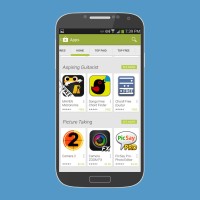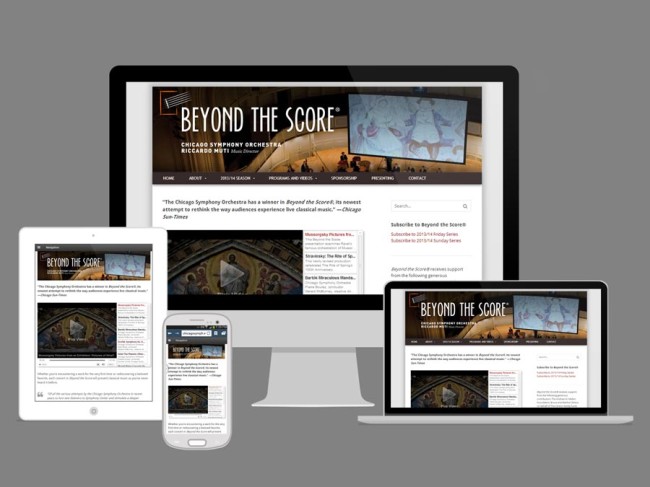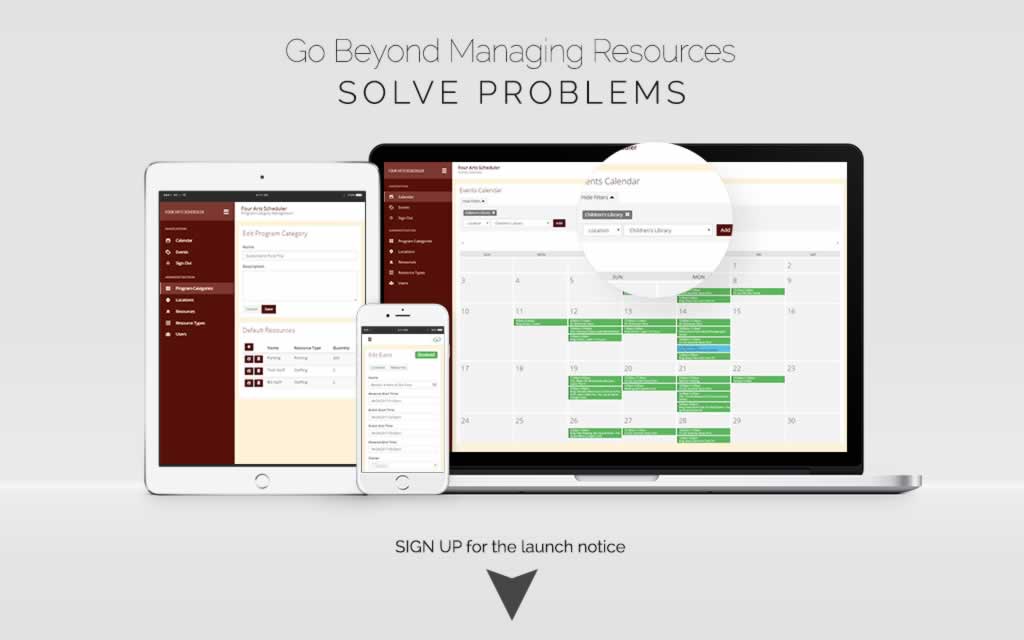It’s easy to get confused when talking about apps and after watching too many clients spend their limited web budgets on developing or maintaining platform specific apps they don’t need, it is high time to demystify apps in a way everyone can understand.
A Quick Primer On App History
When Apple launched the iPhone in 2007, it introduced the term app (short for mobile application) to describe software designed to run exclusively on their Smartphone operating system. These were the early years when the term app meant one thing: a program that ran on your iPhone (and later, iPad).

As other manufactures entered the Smartphone market, they adopted the app model albeit with their own unique programming requirements; meaning, an app designed to work on an iPhone wouldn’t work on a non-Apple device such as Blackberry, Android, Windows, etc. and vice-versa.
During this period, traditional websites produced didn’t work all that great on Smartphone browsers so in order to help maintain an online presence, performing arts organizations began developing platform specific apps that pretty much duplicated the existing website content via some type of pared down user interface.
Everything Changed In 2011
This landscape remained mostly unchanged until the advent of responsive web design, which emerged as a solid and reliable solution for the problem of traditional websites not working all that great on Smartphone and tablet browsers.

Now, instead of paying for a traditional website and multiple platform specific apps, businesses could develop a single website that functions with equal performance across desktop computers, laptops, tablets, and smartphones, regardless of which operating system they used or who made the device.
Simply put, responsive design standards do for performing arts organization’s online presence what the Colt .45 Peacemaker did for the Wild West; it levels the playing field by removing institutional advantages assigned to size and resources.
All of the sudden, apps started to look more and more like an unnecessary and frivolous expense.
But Then Things Became Muddy
By the middle of 2012, responsive web standards become increasingly common and the bulk of the programming industry realized it was the new gold standard for web design. Right about that same time, the term “web app” began to work itself into digital marketing nomenclature and that triggered a new wave of confusion.
Is a web app the same thing as a traditional app? Do web apps need to be developed separate from the web site? Etc., etc., etc.
Here’s what you need to know: “web app” is a generic term used to describe any sort of interaction with a website via a mobile device web browser. The most common function is simply accessing a responsive web site via a Smartphone or tablet web browser.
When properly and thoughtfully designed, a responsive website can provide a host of unique touchscreen user experiences that parallel or exceed traditional app experiences. Seeing an obvious loss in long term revenue, some app developers began co-opting the term to describe their traditional platform specific apps.
As a result, it is easy to see how all of this might get confusing but all you need to remember is that the vast majority of performing arts organizations don’t have a reason for buying platform specific apps. Instead, focusing on finding providers capable of delivering a solid, single solution website using responsive standards will ensure you’re good to go across all devices.
All’s Well That Ends Well
In the end, it is fine if you want to call your responsive website a web app, all that matters is your organization doesn’t waste money on developing a platform specific app you don’t need.
If you’d like some additional insight on whether or not your organization really could benefit from an old-school platform specific app, click over to an article from earlier in the year titled Understanding The Difference Between Apps and Mobile Websites that examines the pros and cons alongside some specific situations where traditional app development might be exactly what you need.
In the meantime, fire off a comment with any questions or just want to run a few scenarios.




At Palm Beach Opera, we were one of the first arts organizations to get an app a few years ago. At that time, there were no responsive websites and a mobile site would have been a major undertaking. We discontinued our app about a year ago because now we had switched to a responsive site and there was no need for it anymore. Our app was simply a way for people to access information about our company and season on their mobile devices. I think apps can be effective if there is a specific use for them where the app interface would be more user-friendly than a mobile website. Perhaps for a media player for those organizations that are able to stream concerts or a special game or promotion. However, for the vast majority of organizations that simply want their website to be mobile-friendly, it is not necessary.
That’s really it in a nutshell Ceci, one of the examples I use with clients for when platform specific app development is useful is for something like a paid subscription video archive model that needs to deliver a database heavy search capacity along with serving up HD quality content.
But when it comes to making your primary website content not only accessible but user friendly on mobile devices, a thoughtfully designed responsive site is the way to go.